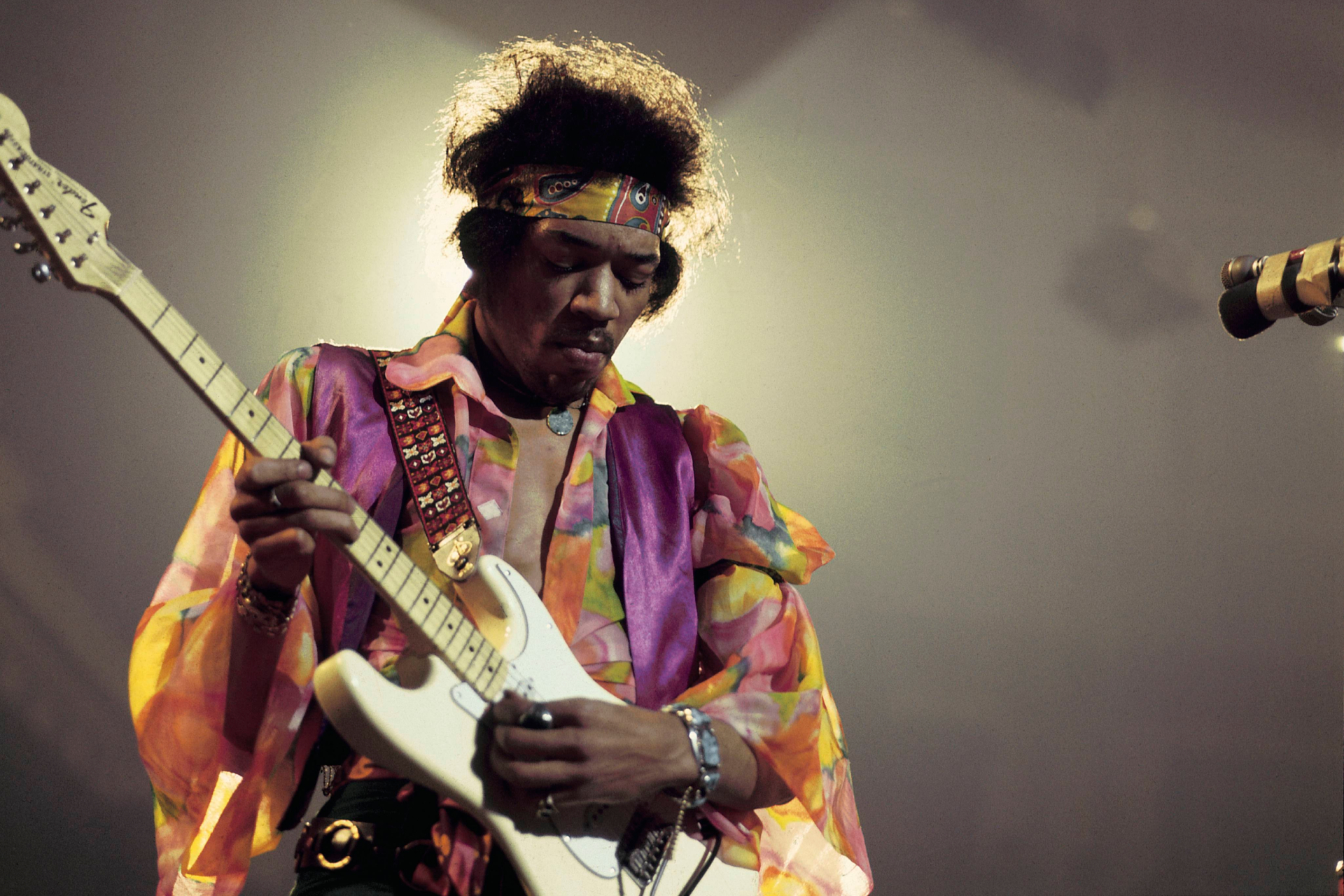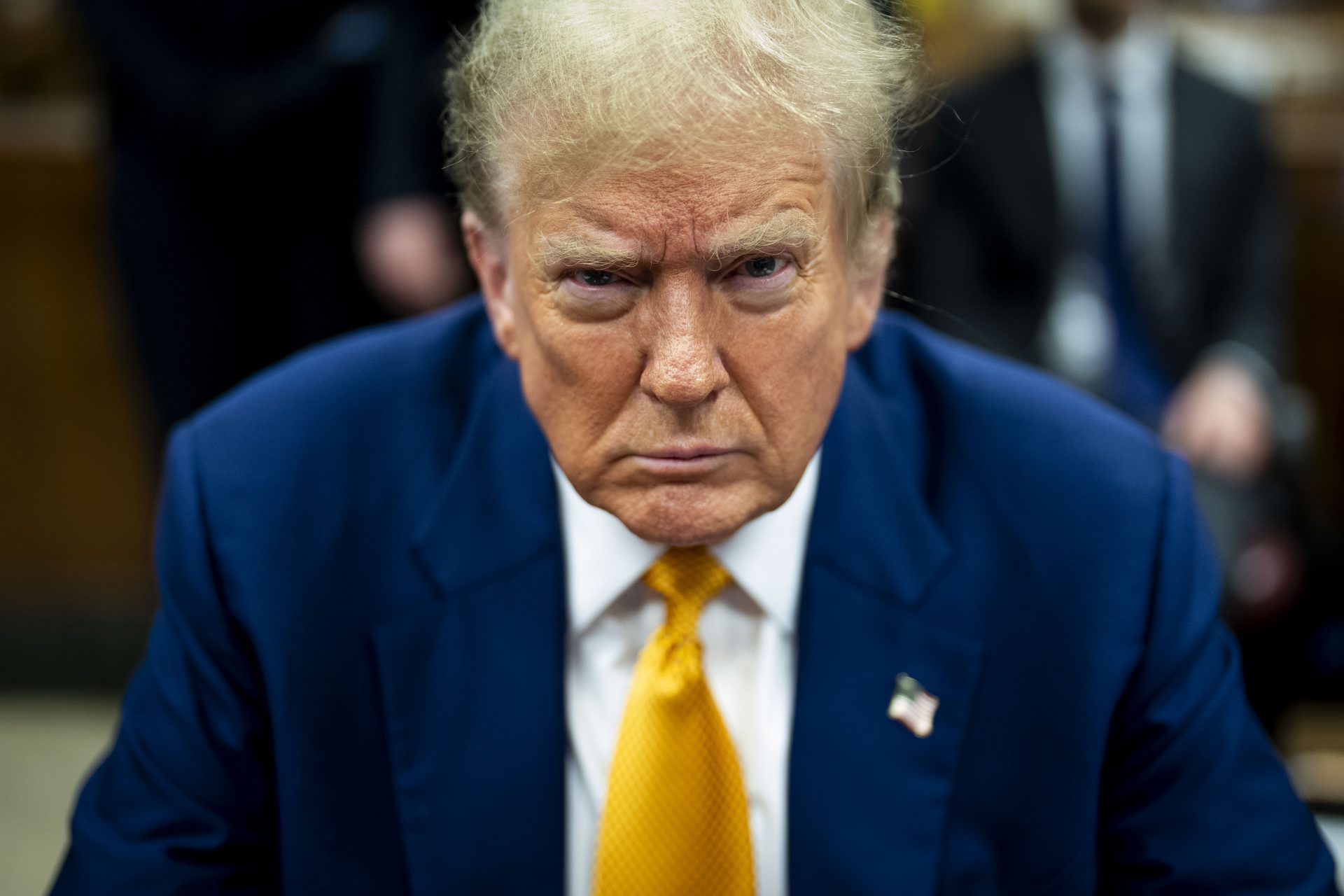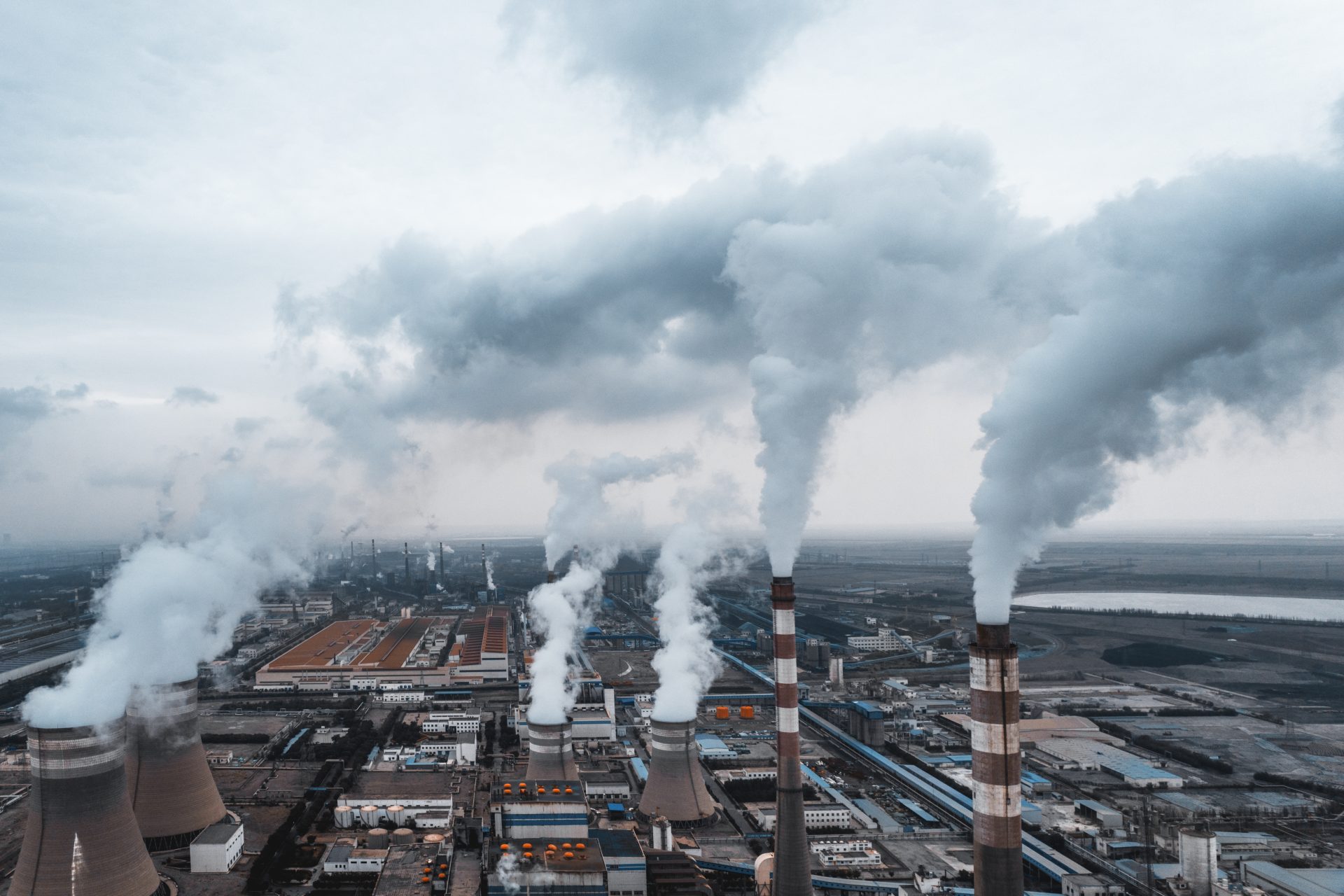Shanghai's port slowly returns to normal but global supply chain problems won't go
The port of Shanghai, the largest in China and the world, is finally returning to normal after long months of limited activity under the government's 'Zero Covid' policy.
China officially ended Shanghai's lockdown on June 1, when Covid-19 cases began hitting the low double-digits.
However, some restrictions still remain. School is voluntary, restaurants and gyms remain closed, and stores and shopping malls can open with limited capacity.
The South China Morning Post reports that major shipping lines are returning to China's biggest port, with container ships and carriers returning to the city.
At the same time, factories in Shanghai and nearby regions have resumed production, exporting goods through the port to Asia and all over the world.
Pictured: Electric cars from Tesla's Shanghai gigafactory being loaded in the port of Shanghai.
However, The Conversation points out that things will take a long time to go back to normal in Shanghai. The port will be some time in overdrive, dealing with several weeks of backlog.
The war in Ukraine is also affecting the shipping industry. Russia's blockade on Ukrainian ports not only has driven up the food prices, but also has shot up the shipping prices.
Experts cited by The Conversation believe that the global supply chain will face pressure for the rest of 2022, but the situation will probably improve in the mid-run, around 2022.
China's strict lockdown not only took a toll on the population, but also on the economy: Factories not working and the largest port in the world was virtually without any activity.
Several analysts, such as former FDA commissioner Scott Gottlieb, shared online images like this which show how massive the ship congestion affecting the port of Shanghai.
Ever since the global pandemic began, the global supply chain in China and elsewhere has been deeply affected and never fully recovered.
Problems in the world supply chain affect many areas, such as the automobile industry, which in the past has been hit by microchip shortages.
The port of Shanghai almost grinding to a halt brought new fears of shortages for the global industry.
After all, Shanghai is the busiest port in the entire world. According to the BBC, 17% of China's cargo traffic and 27% of its overall exports go through Shanghai.
When the port of Shanghai was running at half-speed due to long weeks under strict lockdown, concerns grew around the globe that this might bring new shortages.
Between supply chain shortages and Russia's war in Ukraine affecting fuel prices, the world economy is facing the perfect storm. Fears of a worldwide recession are real.
Experts cited by the BBC assure that the Shanghai cargo jam might bring issues with the supply of washing machines, vacuum cleaners, solar panels, and textile goods.
Image: PlanetCare / Unsplash
Ships arriving in Shanghai were not subjected to any restrictions, but dockworkers and port truckers are under the Zero-Covid policy carried on by Chinese authorities.
If someone tests positive, regardless if the worker shows any symptoms, then they are forced to be quarantined in cage-like dystopian 'Covid Centers'.
Forbes senior contributor Kenneth Rapoza wrote an opinion piece where he argued that China's Zero-Covid policy was 'magical thinking' and that the lockdown and cargo jam was a strategy to pressure the West to grow more dependent on Beijing. Though, it all sounds a bit like a conspiracy theory.
Maybe the truth is far more simple than that: China believes in the Zero-Covid policy and can't afford to put a strain on its healthcare system. That's why many experts believe we might be seeing the 'death of globalization'.
Image: Christine Roy / Unsplash
According to The Economist, between 2008 and 2019 “world trade, relative to global GDP, fell by about five percentage points”. The trend isn't exactly new, but the war in Ukraine and the global pandemic have accelerated the return to old protectionist policies.
Image: Venti Views / Unsplash
Even someone such as French President Emmanuel Macron, well known for his economical liberalism, has embraced a great economic strategy to guarantee France's self-reliance in the face of global supply chain problems and energy dependency.
German public news agency Deutsche Welle highlighted that the French president was willing to spend 28 billion euros on his plan. Other world leaders seem also to be following Macron's steps, supporting a bigger autonomy from China, Russia, and other countries in general.
What is true is that the lockdown and the port of Shanghai standing still have also been a big blow to the Chinese economy.
Restrictions have been relaxed in some districts of Shanghai, though the main issue is that there is no guarantee that Chinese authorities won't stop commerce and industry overnight as long as Covid-Zero remains in place.
What's clear is that the good times when globalization promised a clockwork-like precision of goods and services seem to have passed. Pictured here, are empty shelves in Britain as a consequence of Brexit.
Maybe what's going on with the port of Shanghai is a bigger symptom that the global capitalist system needs to reform.
Otherwise, it will bring poverty and inflation to regular people. In China, Europe, the Americas, or elsewhere this has only one outcome: Conflict and discontent.
More for you
Top Stories










































